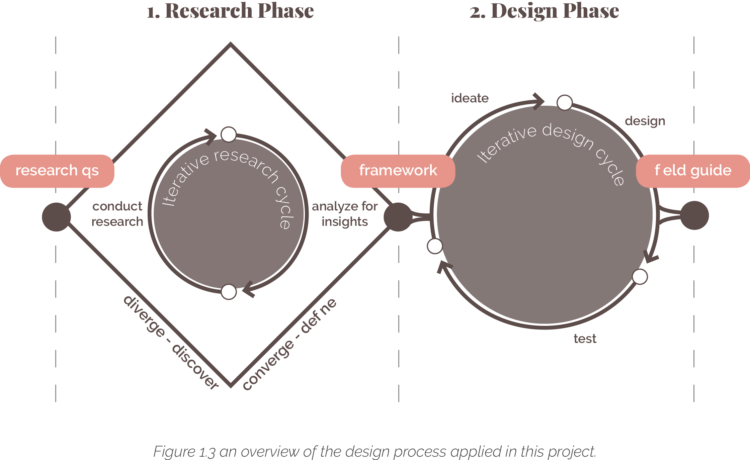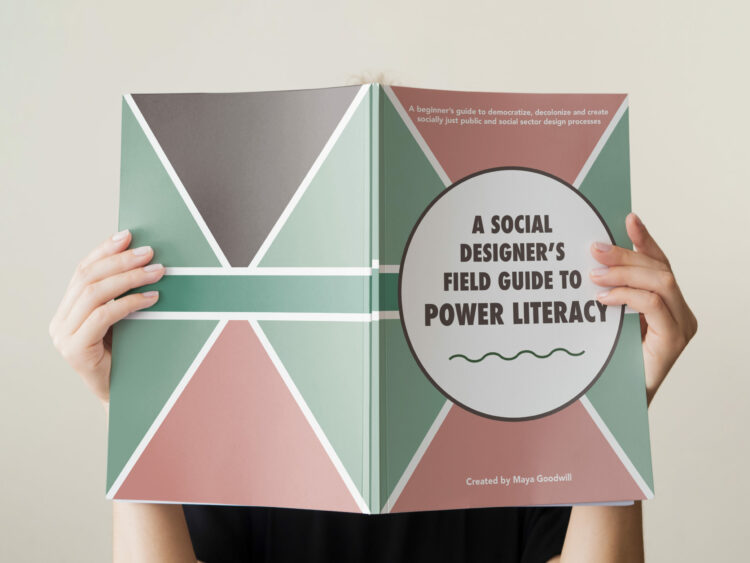Power Literacy: Towards a Socially Just, Decolonial and Democratic Design Process
This thesis is inspired by, in conversation with, and builds on the work of many others, including the Design Justice Network and Sasha Costanza-Chock, Josina Vink, EquityxDesign, Decolonising Design, Creative Reaction Lab, Dori Tunstall, Patricia Hill Collins, Kimberlee Crenshaw, adrienne maree brown and Octava E. Butler.
As design becomes more ambitious and popular, and public and social sector organizations are now continuously turning to designers and design thinking to tackle a number of complex social issues, it is becoming critical for designers to understand how power shows up in their work, and the resulting impact this has on the communities they aim to serve. Seeing a gap in design education and practice, through this graduation project, Maya sought to begin to answer the question, how might we make design processes in the social and public sector more socially just, democratic and decolonial?

Grounded in values of decolonization, justice and liberation, the multifaceted, often invisible and complex phenomenon of power was explored, specifically in the context of social and public sector participatory design projects. Empirical research (interviews, workshops, observations, para-ethnography) as well as a literature review was undertaken in collaboration with Kennisland. As a result of the research, Maya developed a framework for power literacy, defined as the ability and willingness to recognize, name, interpret, understand the impact of, communicate and regulate your own power position and the power position of the stakeholders around you, as well as to identify the underlying social structures and systems that lead to power imbalances to begin with.
Based on this framework, Maya created A Social Designer’s Field Guide to Power Literacy, a tool to support designers, facilitators and researchers working in the social and public sector to become more aware of power dynamics in their projects, while motivating them to challenge existing inequities by giving up some of their own power. The field guide is an invitation for designers to get started on their ‘social justice journey’ by beginning the hard work of challenging the interlocking systems of oppression (eg. colonialism, white supremacy, cisheteropatriarchy, etc.) that many of us have internalized and continue to reproduce in our design practices. Learn more and order the field guide at www.power-literacy.com.

